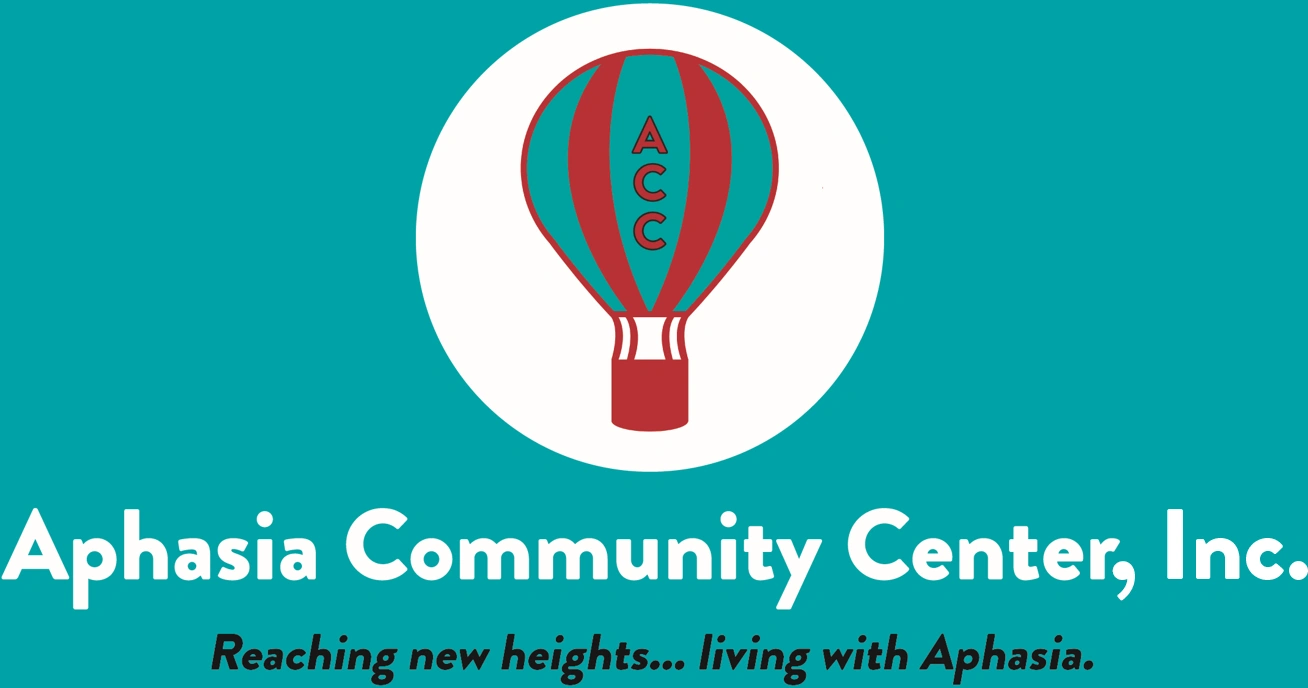We all know what happens when a person with Aphasia is in a stressful situation. Communication becomes harder. So, what does a person with Aphasia do when their caregiver is in medical distress? This month, we hope to give you a process to make the situation less stressful.
First and foremost, you will need to practice your process to build muscle memory. This will help you the most. Practice will help you automatically know what to do and how to manage the situation. The following are suggestions to make it easier:
- Have a plan of threes. This is a plan of things you need to know or do in the first 3 hours, 3 days, 3 weeks, and 3 months.
- Know how to call 911 and how you will communicate your situation.
- Know how to call or text someone to help you. A neighbor, friend, or family member living nearby is ideal. That person needs to know that you will contact them and what your process should be.
- Put a card in your wallet. Go to these sites to create your personalized card: http://aphasiaid.com/ or https://theaphasiacenter.com/pocket-card/
- Have a sticker or a notice on a window by your front door. This will alert emergency responders that they need extra time and care to get the necessary information.
- Register with the Emergency Registry in your county.
- Make a shared Google folder and share it with the family member who is your caregiver’s medical power of attorney. Don’t forget to set up a link to the Google folder on your phone’s desktop or home screen. This is the place for essential emergency information, and needs to be kept up to date. Also, it is possible to open the folder on your home screen and hand your phone to the nurse or doctor who needs the information. The following are some suggestions to include:
- List of current medications and supplements.
- Notes about medical history information.
- List of current medical professionals.
- Medical Power of Attorney and Living Will documents.
- Do or do not resuscitate paperwork.
- List of most used or most important passwords.
- Contact information for your emergency contact person.

